Geriatric Pregnancy Guide: Navigating a Healthy Journey
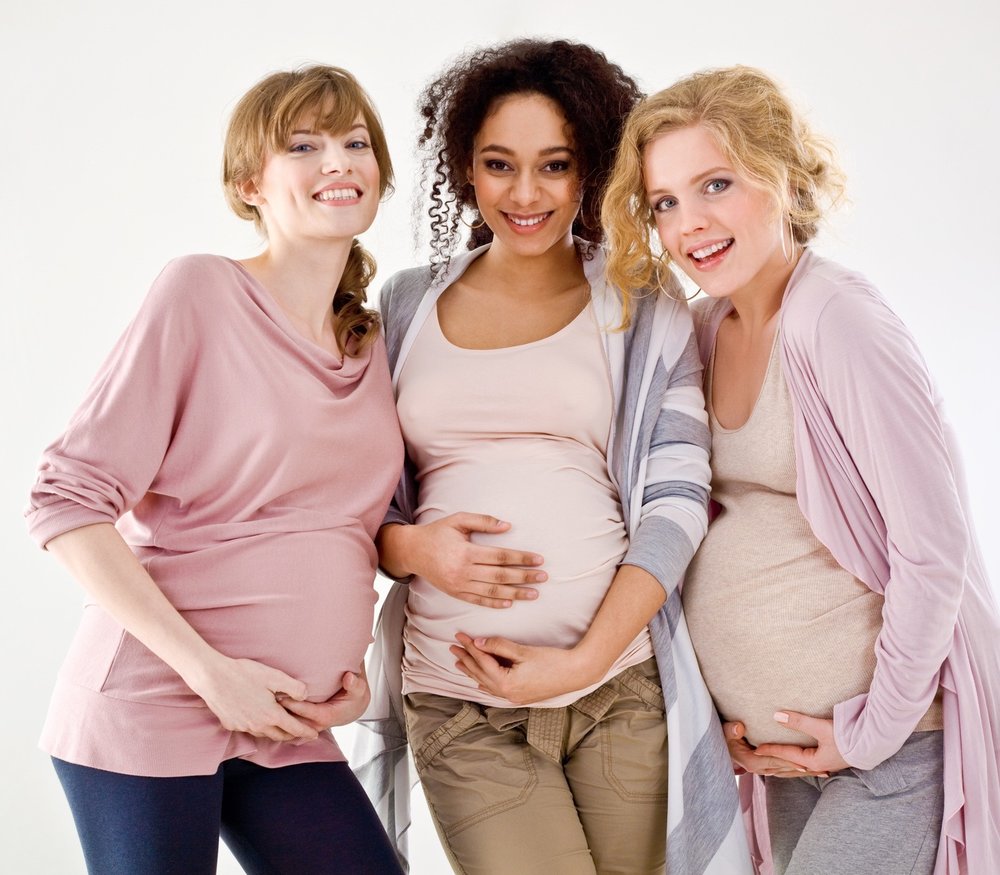
A “geriatric pregnancy” refers to a pregnancy in a woman who is 35 years or older. While the term may sound outdated and harsh, it’s a common phrase in medical discussions. Many women are choosing to delay starting a family due to career goals, financial stability, or personal reasons, and advancements in fertility treatments are making it possible for women to conceive later in life.
This guide will explore the unique aspects of geriatric pregnancy, the potential risks and benefits, and how to optimize your health and the health of your baby during this exciting time.
Get in touch for a Free Surrogacy Consultancy:
📲 +91-8800481100 ( WhatsApp, Line, Viber)
What is a Geriatric Pregnancy?
Geriatric pregnancy, also known as “advanced maternal age” (AMA) pregnancy, occurs when a woman is pregnant at age 35 or older. The term itself dates back to a time when maternal age over 35 was seen as high-risk, but modern medical advancements have made these pregnancies more common and safer than ever.
Why Are More Women Having Children Later?
There are several reasons why women may delay starting a family:
- Career and Financial Stability: Many women want to focus on career advancement, financial security, or education before becoming parents.
- Medical Advancements: Fertility treatments like In Vitro Fertilization (IVF), egg freezing, and donor eggs make it easier to conceive at an older age.
- Personal Choice: Some women may simply feel more emotionally prepared to have children later in life.
While pregnancy in your 30s and 40s is more common today, it’s important to understand the potential challenges and the steps you can take to ensure a healthy pregnancy.
 Risks Associated with Geriatric Pregnancy
Risks Associated with Geriatric Pregnancy
As with any pregnancy, there are risks involved, and those risks can increase with age. It’s essential to be aware of these challenges so you can take the right precautions and work closely with your healthcare provider. Here are some of the risks associated with geriatric pregnancy:
1. Fertility Decline
- Egg Quality and Quantity: As women age, the quantity and quality of their eggs decline. This can make it more difficult to conceive naturally. After age 35, the chance of becoming pregnant each cycle decreases, and by age 40, it drops even further.
- Fertility Treatments: Many women over 35 use fertility treatments such as IVF to help achieve pregnancy. Donor eggs or frozen eggs may also be used for women in their late 30s and 40s.
2. Increased Risk of Chromosomal Abnormalities
- Down Syndrome and Genetic Conditions: The likelihood of chromosomal abnormalities, such as Down syndrome, increases with age. For instance, at age 35, the risk of Down syndrome is about 1 in 350, while at age 40, the risk rises to 1 in 100.
3. Higher Risk of Pregnancy Complications
- Gestational Diabetes: Women over 35 are more likely to develop gestational diabetes, a condition where blood sugar levels rise during pregnancy. This can lead to complications like a larger baby, preterm birth, or the need for a cesarean section.
- Pre-eclampsia: Older pregnant women are at a higher risk of developing pre-eclampsia, a condition characterized by high blood pressure that can be dangerous for both mother and baby if left untreated.
- Miscarriage and Stillbirth: The risk of miscarriage and stillbirth increases with age. This is often linked to chromosomal abnormalities or other complications.
4. Delivery Complications
- Cesarean Section (C-Section): Women over 35 have a higher chance of requiring a cesarean section. This could be due to medical complications, slower labor progression, or other factors.
Get in touch for a Free Surrogacy Consultancy:
📲 +91-8800481100 ( WhatsApp, Line, Viber)
More resources on this topic:
But Maternal Age is Changing
Nowadays, more women than ever before are having babies after 35 years of age and with healthy pregnancies as well.
As per the Centers for Disease Control and Prevention, the number of women having babies after 35 years of age is higher than before in all races.
Nowadays most women are having babies later in their life. For example, in 2016 for women 40 to 44, the provisional birth rate was 11.4 births per 1,000 women, up 4 % from 2015, which is the highest rate since 1966 for this age group.
There is a geographic and cultural divide in older women related to pregnancy. This difference is due to educational and socioeconomic disparities. Women who are currently working or who have financially meant to go to school and are currently in high-paid jobs wait longer to have a kid and focus on their careers first.
 Effects of the increased age of the mothers
Effects of the increased age of the mothers
There is no wrong or right age to have children. But most women choose to start a family past their twenties. The main ill effects of choosing pregnancy after the age of 35 years are the lower fertility rate and complications in the pregnancy associated with geriatric pregnancy. Here is the list of all such consequences –
- Lowe fertility rate
- Lower birth rate
- Having more twins and triplets relating to infertility treatments like IVF or IVF with egg donors,s, particularly by the use of single embryo transfer
- Pre-mature baby birth
- Lower birth weight in the baby
- Chromosome defects in the baby or birth defects
- Risk of stillbirth
- C-section birth
- A complication in the mother like high blood pressure
Infertility treatments for advanced age of mothers
Earlier women used to feel bound by their biological clock ticking so fast. But Infertility treatments are an important aspect today to help women of advanced age to have babies in their later life.
These treatments not only help the women to go for geriatric pregnancy but also make them more comfortable in going with geriatric pregnancy.
Now, fertility treatments help females to conceive much later. These treatments offer both first-time mothers and those with secondary infertility alternatives. It enables females to meet their dreams of creating a family with their partners.
Read the related topic:
Benefits of a Geriatric Pregnancy
While there are risks associated with advanced maternal age, there are also many benefits to consider:
1. Emotional and Financial Readiness
- Life Experience: Older mothers may feel more emotionally prepared for parenthood and have a clearer sense of what they want in their lives. They’ve often had time to pursue personal, educational, and professional goals.
- Financial Stability: Many older parents are more financially stable, allowing them to provide a secure and supportive environment for their children.
2. Stronger Support Systems
- Mature Relationships: Older couples are often in more stable, long-term relationships, which can provide a solid support system during pregnancy and parenting.
- Family Support: With family planning often occurring later in life, older parents may also have more family members or close friends to rely on for support.
3. Access to Better Healthcare
- Routine Screenings and Tests: Advanced maternal-age pregnancies are usually monitored more closely, allowing for early detection of potential issues. Prenatal testing options such as amniocentesis, chorionic villus sampling (CVS), and non-invasive prenatal testing (NIPT) are widely available to check for genetic conditions.
How to Optimize Your Health for a Geriatric Pregnancy
To ensure the best possible outcomes for both mother and baby, it’s important to take proactive steps before and during pregnancy. Here are some tips to optimize your health:
1. Schedule a Preconception Visit
- Consult with a Healthcare Provider: Before trying to conceive, schedule a preconception appointment with your doctor. Discuss any underlying health conditions, medications, and your overall readiness for pregnancy. This is also a great time to review your family’s medical history and discuss genetic screening options.
2. Maintain a Healthy Lifestyle
- Balanced Diet: Eating a nutrient-rich diet that includes folic acid, iron, calcium, and omega-3 fatty acids is essential for both fertility and pregnancy health. Folic acid helps reduce the risk of neural tube defects, and calcium is crucial for bone health.
- Regular Exercise: Staying active with regular, moderate exercise can help improve fertility and reduce the risk of complications during pregnancy. Aim for at least 30 minutes of physical activity most days of the week.
- Quit Smoking and Limit Alcohol: Both smoking and alcohol consumption can negatively impact fertility and pregnancy outcomes. Quitting these habits before conceiving is highly recommended.
3. Consider Fertility Preservation
- Egg Freezing: If you’re not ready to conceive but are considering having children later in life, you might want to explore egg freezing. This can help preserve your fertility by freezing your eggs when they’re younger and healthier.
4. Stay on Top of Prenatal Care
- Regular Appointments: Once you’re pregnant, attend all prenatal appointments to monitor your and your baby’s health. Your doctor will check for common risks like gestational diabetes and pre-eclampsia.
- Prenatal Testing: Talk to your doctor about prenatal tests like ultrasounds, NIPT, and amniocentesis to detect any genetic conditions early in the pregnancy.
Risks related to geriatric pregnancies
The downside of geriatric pregnancy is the fact that it will result in more complications of pregnancy. There are many risks related to geriatric pregnancy. Here is the list for all of them –
- Higher risks for the multiples – Older women are more likely to have twins or triplets as compared to younger women regardless of the fact whether they use IVF or not. Using IVF creates a high probability of having twins and triplets so does getting pregnant at an older age due to hormones.
- Fertility problems – Women have a pre-decided number of eggs. With older age, these eggs start to decrease in count, as a result, it can cause fertility problems and make it harder to conceive a child.
- Gestational Diabetes – This type of diabetes is specific to pregnant women. This may result in a heavyweight baby which will be a complication for both the mother and the child.
- Pre-eclampsia – Having high blood pressure during pregnancy will increase the need of the mother for mentoring during pregnancy to reduce complications.
- Pregnancy Loss – As women grow in age, the eggs become weak. As a result, the chances of both miscarriage and stillbirth increase in older women. This can also be related to the high rates of chromosomal abnormalities.
- Higher risk of C-section – Being pregnant at an older age makes you most commonly go for surgery. So, the risks are higher in C-section surgery as well.
- Abnormalities in Chromosome – As we already know women have a predetermined number of eggs, and the quantity of eggs decreases with age. Not only the quantity, but the quality also drops with age. This puts women of a higher age to be at a higher risk of having a baby with chromosomal abnormalities.
 Conclusion for Geriatric Pregnancy
Conclusion for Geriatric Pregnancy
While geriatric pregnancy may come with additional risks, many women over 35 are successfully conceiving and giving birth to healthy babies. With proper care, healthy lifestyle choices, and regular prenatal monitoring, women of advanced maternal age can look forward to a positive pregnancy experience.
If you’re planning to have a baby later in life, understanding the potential challenges and being proactive about your health will go a long way in ensuring a smooth and joyful journey into parenthood.
In the case of gestational surrogacy, the chances of having a Geriatric Pregnancy is less as fertility experts choose a younger surrogate mother. Still, at some time when you do surrogacy with family members or friends, you might end up having a lady who is in the higher age group. So, in that case, it is good to be aware of the precautions needed for Geriatric Pregnancy.
Are you planning a family building or looking for infertility services, get in touch with us for a free consultation.
If you’d like to learn more about IVF, Egg Donation, or international surrogacy services globally, check out the rest of our website at IVF Conceptions. We offer legally secure and affordable surrogacy consulting services FREE of cost.
Get in touch for a Free Surrogacy Consultancy:
📲 +91-8800481100 ( WhatsApp, Line, Viber)
FAQs for What is Geriatric Pregnancy?
What is the definition of geriatric pregnancy?
A geriatric pregnancy, also known as an advanced maternal age pregnancy, refers to a pregnancy in which the mother is 35 years of age or older. This age is considered advanced due to the increased potential for certain medical and obstetric complications compared to pregnancies in younger women.
At what age does a pregnancy become geriatric?
A pregnancy is considered geriatric or of advanced maternal age when the mother is 35 years old or older at the time of conception. This age threshold is used due to the higher likelihood of certain health and pregnancy-related risks for both the mother and the baby.
Are there increased risks associated with geriatric pregnancies?
Yes, geriatric pregnancies come with increased risks compared to pregnancies in younger women. These risks may include a higher chance of gestational diabetes, preeclampsia, chromosomal abnormalities (such as Down syndrome), miscarriage, preterm birth, and cesarean delivery. Regular prenatal care and medical supervision are crucial to mitigate these potential risks.
What are the benefits of prenatal care during geriatric pregnancies?
Prenatal care during geriatric pregnancies offers several benefits, including early detection and management of potential complications.
It helps monitor the health of both the mother and the baby, provides guidance on nutrition and exercise, and ensures proper screening for conditions like gestational diabetes and preeclampsia. Prenatal care enhances the chances of a healthy pregnancy outcome for both mother and child.
How can women optimize their health for a geriatric pregnancy?
Women can optimize their health for a geriatric pregnancy by:
- Preconception Planning: Consulting a healthcare provider before conceiving to address any existing health conditions.
- Maintaining a Healthy Lifestyle: Following a balanced diet, staying physically active, and managing stress.
- Taking Prenatal Vitamins: Ensuring intake of essential nutrients like folic acid and iron before and during pregnancy.
- Regular Prenatal Check-ups: Attending all prenatal appointments to monitor the pregnancy’s progress and address any concerns promptly.
- Avoiding Harmful Substances: Quitting smoking, limiting alcohol intake, and avoiding exposure to harmful chemicals.
- Staying Hydrated: Drinking adequate water throughout the day to support the body’s changing needs.
- Getting Enough Rest: Prioritizing sleep to support the body’s healing and rejuvenation.
What age is considered a geriatric pregnancy?
A pregnancy in a woman aged 35 years or older is referred to as a geriatric pregnancy. However, this term is now often replaced with “advanced maternal age.”
Can I have a healthy baby at 40?
Yes, many women over 40 have healthy pregnancies and babies. However, it’s important to be aware of the increased risks and work closely with your healthcare provider for proper monitoring and care.
How can I increase my chances of getting pregnant after 35?
Maintaining a healthy lifestyle, managing stress, and staying on top of your health are key. You may also want to consult with a fertility specialist to explore your options, such as fertility treatments or egg freezing.
What is the risk of Down syndrome at age 35 or older?
At age 35, the risk of having a baby with Down syndrome is approximately 1 in 350. By age 40, the risk increases to about 1 in 100.
Should I consider genetic testing during pregnancy?
Yes, genetic testing can help detect chromosomal abnormalities like Down syndrome. Talk to your doctor about which tests are available and what they recommend based on your age and health.

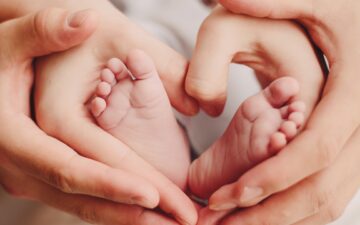 Risks Associated with Geriatric Pregnancy
Risks Associated with Geriatric Pregnancy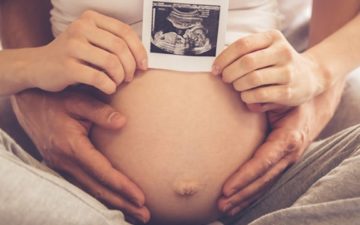
 Effects of the increased age of the mothers
Effects of the increased age of the mothers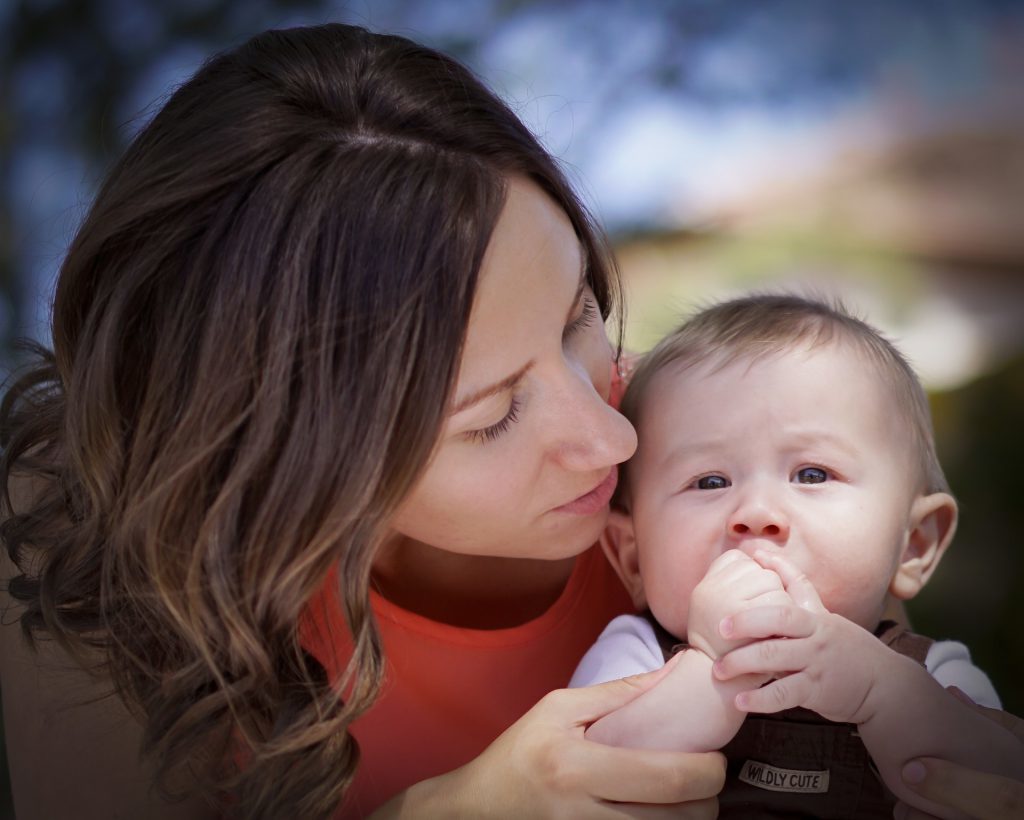
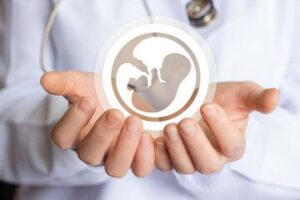 Conclusion for Geriatric Pregnancy
Conclusion for Geriatric Pregnancy
